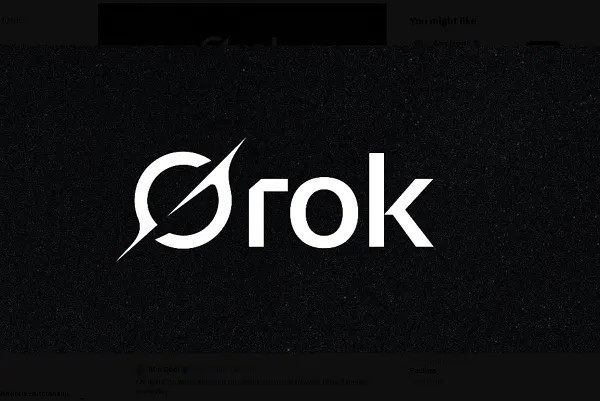
Good morning. Many chief financial officers are investing in AI while still taking a measured approach—one that may seem overly cautious from the perspective of chief information and technology officers.
EY’s newly released 2025 Technology Risk Pulse Survey, based on responses from more than 400 U.S. executives at companies with over $1 billion in annual revenue, reveals a growing gap between finance and technology leaders on AI priorities.
According to additional data shared with CFO Daily, 56% of CFOs vs. 70–72% of CIOs and CTOs say AI integration is a top priority over the next two to four years. EY said this gap reflects financial caution that could slow innovation and lead to siloed AI development—raising compliance risks and stalling progress. The survey also found the majority (77%) of CFOs focus AI on financial reporting while the majority (83%) of CIOs focus on IT Infrastructure.
Jim Okas, EY Americas’ deputy technology risk leader, and Daryl Box, assurance technology risk leader, told me that CFOs must act as strategic enablers of transformation, aligning investment across finance and tech.
Siloed AI efforts, Okas warned, can lead to compliance failures, redundant spending, and missed innovation opportunities. To avoid this, CFOs, CIOs, and CTOs should align on shared principles, manage risk jointly, and ensure tech investments support the enterprise as a whole, he said.
CFOs can help scale AI by focusing on use cases that drive efficiency and strategic insight, Box advised. By measuring AI’s ROI and tracking its impact on compliance, productivity, and cost, finance leaders can also build trust across the C-suite, he added.
Governance and assurance take center stage
Despite AI’s strategic promise, governance remains a top concern. Eighty-one percent of executives, overall, rated Sarbanes–Oxley Act and Internal Control over Financial Reporting as “very” or “extremely important,” and 78% cited System and Organization Controls (SOC) reporting as critical to audit readiness, according to the report.
However, EY shared that among CFOs, the focus is sharper: 90% ranked SOC reporting as a high priority. The firm calls this a sign of “financial anxiety”—a desire to strengthen oversight before expanding automation and AI adoption. The survey underscores a central tension: how to innovate responsibly without weakening cyber resilience or regulatory integrity.
For CFOs, the question is no longer if they’ll adopt AI—but how to do it with control.
Sheryl Estrada
[email protected]
***Upcoming Event: Join us for our next Emerging CFO webinar, Optimizing for a Human-Machine Workforce, presented in partnership with Workday, on Nov. 13 from 11 a.m. to 12 p.m. ET.
We’ll explore how leading CFOs are rethinking the future of work in the age of agentic AI—including when to deploy AI agents to accelerate automation, how to balance ROI tradeoffs between human and digital talent, and the upskilling strategies CFOs are applying to optimize their workforces for the future.
You can register here. Email us at [email protected] with any questions.
Leaderboard
Earl Ellis was appointed CFO of Panera Bread, a fast-casual restaurant chain. Ellis most recently served as EVP and CFO at ABM Industries. During his tenure, he led global finance, accounting, investor relations, and procurement, helped shape the company’s strategic plan, and executed a multi-year transformation including ERP modernization. Before ABM, Ellis held senior finance leadership roles at Best Buy, including CFO of Best Buy Canada and SVP of finance in the U.S., Canadian Tire, Campbell Soup Company, Kraft Foods, and Coca-Cola.
Big Deal
The outage began early in the morning when a surge of reports on Downdetector indicated widespread problems with AWS, which in turn affected hundreds of services relying on its cloud infrastructure. The company later confirmed that the disruption was caused by a Domain Name System (DNS) error affecting its US-East-1 region.
AWS posted on its Health Dashboard that “all AWS services returned to normal operations” at 6:53 p.m. ET on October 20.
Going deeper
“AI ‘Poseurs’: A Hidden Risk,” an analysis by Korn Ferry, explains that as employees are asked to use AI, some feel pressured to fake or exaggerate their skills. But at what cost to firms?
Overheard
“With Apple on the doorstep of joining Nvidia in the $4 trillion market cap club, it’s clear to us that Cook & Co. have finally found success with iPhone 17 and now the Street awaits for the grand strategic AI roadmap to be unveiled.”
—Wedbush Securities analysts wrote in a company report on tech giant Apple, released on Monday evening. Apple is scheduled to report its fourth-quarter 2025 earnings on October 30.













